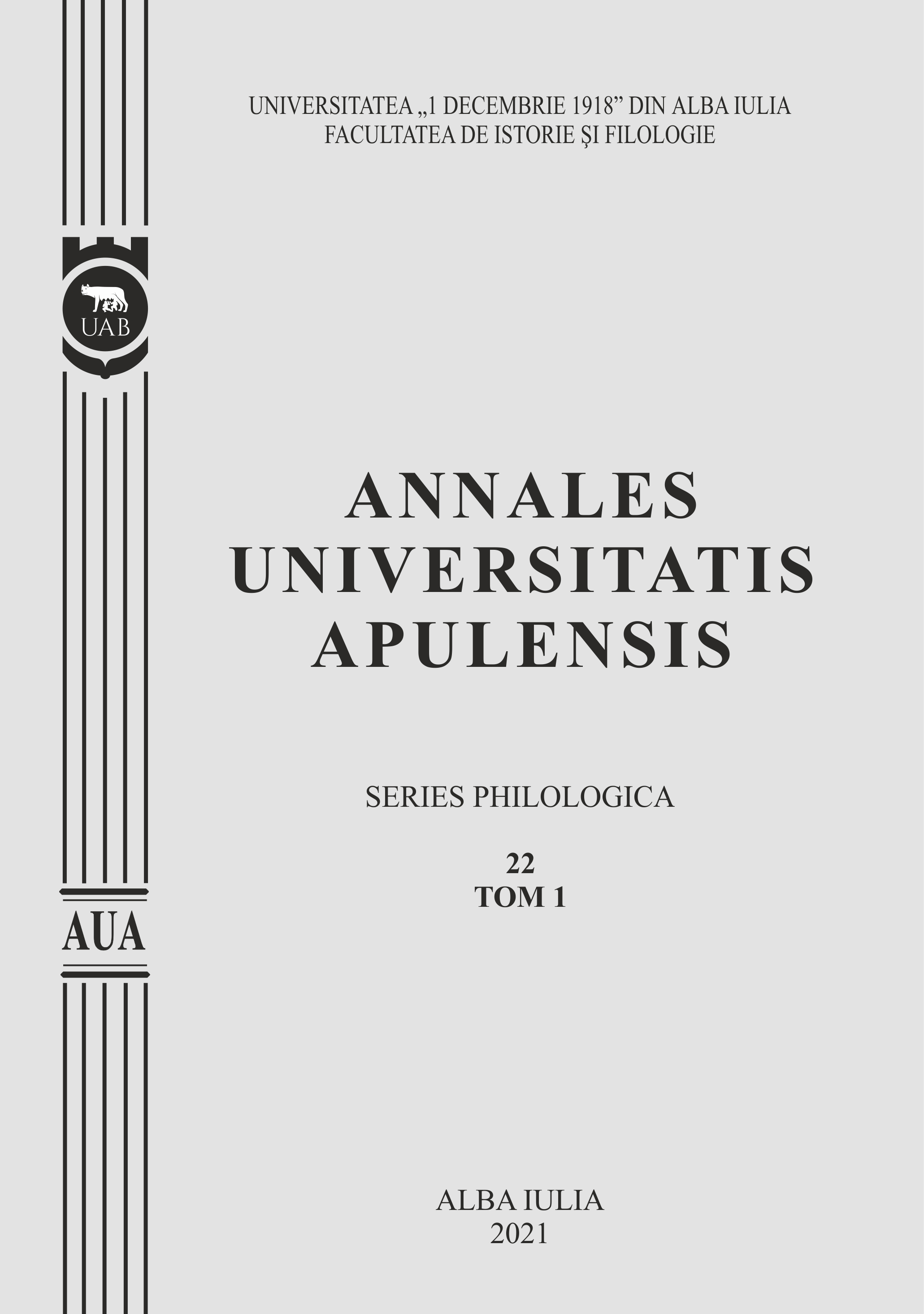VIOLENȚA ȘI STATUTUL FEMEII ÎN LITERATURA EVULUI MEDIU
Violence and the Status of Women in the Literature of the Middle Ages
Author(s): ELENA BĂLĂȘANU (GONGONEA)Subject(s): Language and Literature Studies, Studies of Literature, Comparative Study of Literature
Published by: Universitatea »1 Decembrie 1918« Alba Iulia
Keywords: status; religion; mentality; violence; Romanian Middle Age literature;
Summary/Abstract: Abstract: Our paper, Violence and the Status of Women in the Literature of the Middle Ages, aims to outline, starting from medieval texts, the image of women within the context of the medieval Romanian world. In this period dominated by violence, women were in a relationship of subordination to men, being considered inferior and weak beings, both physically and intellectually. The categories in which the status of the woman was found were that of wife, widow or virgin, these categories being always perceived through the eyes of a man or groups of men.The place or role of women in the group and in society was largely dictated by church authority, which imposed strict conduct on them based on the Christian dogmas. Within the family, the woman had to submit to the authority of the father, brother or husband, her daily activities being carefully supervised so as to correct and punish any slippage. Jacques Le Goff, in his work, L’uomomedievale, states that the woman of the Middle Ages was the victim of the constraints that origin and family imposed for a long time on the manifestation of women, while, in the documents of the Middle Ages seen as products of a society dominated by men, the voice of women was rarely heard and often belonged to those in the upper strata. The most common forms of violence against women were beatings, the deprivation of liberty or rape. These were supported by the mentality of the period, best reflected in the ambiguity of the laws governing the relationships between men and women. A text such as Law Correction (1652) specified how a man could beat his wife without being punished. He could escape punishment whenever she carried the blame for being beaten or when he beat her only "lightly." The man would only be punished if he beat her hard for a small fault. Therefore, a woman's word was less valuable than a man's, and very often the abuses went unpunished. If the accusation was to be proven by the help of certain witnesses, the social status these witnesses held was crucial.
Journal: Annales Universitatis Apulensis. Series Philologica
- Issue Year: 22/2021
- Issue No: 1
- Page Range: 183-187
- Page Count: 5
- Language: Romanian

